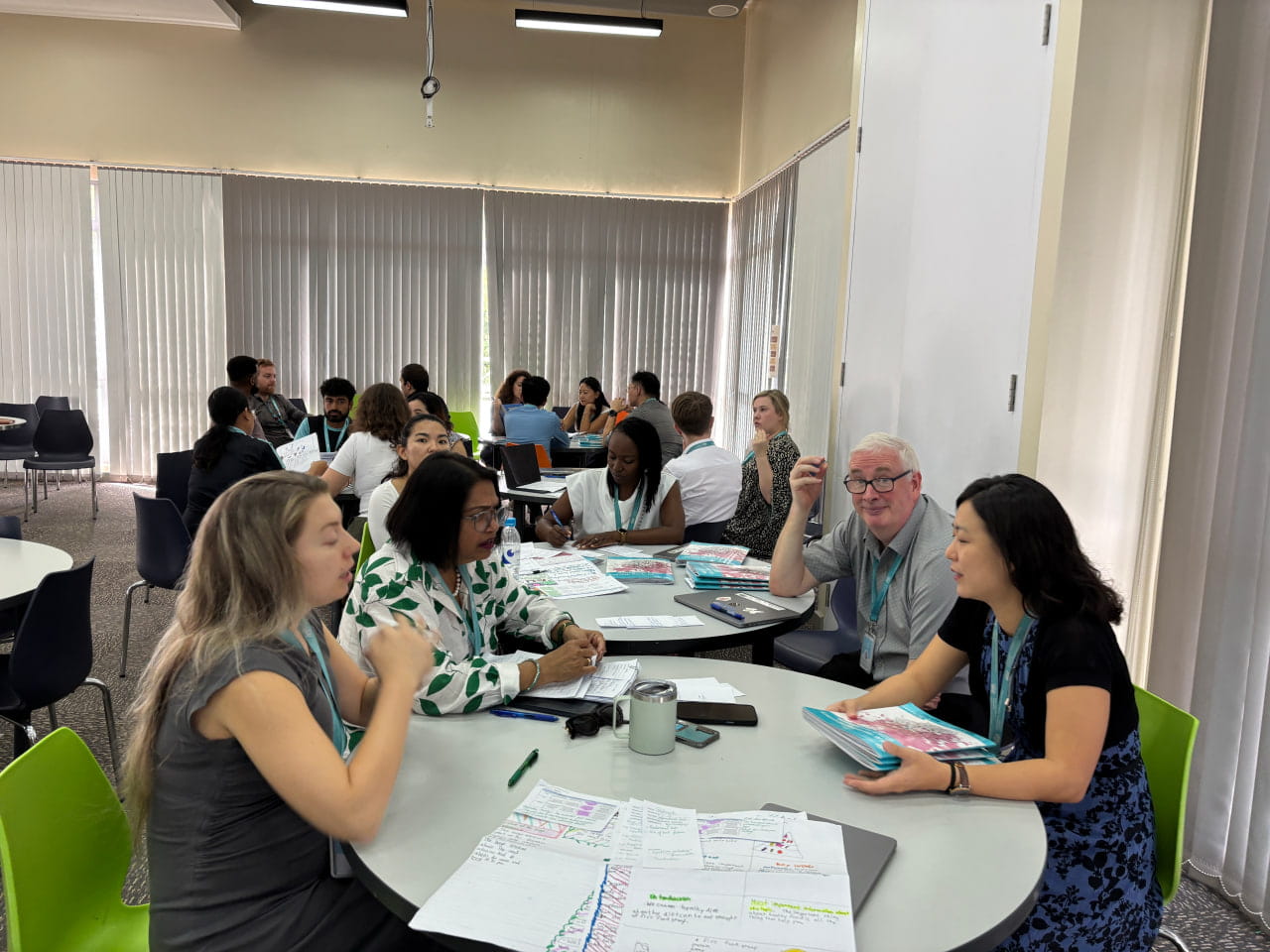Primary maths at Northbridge, and how you can help your child to be a great maths learner Calculating is just one of the many skills that students must learn in order to be great maths learners. At Northbridge International School Cambodia, because we teach the IB curriculum, our students learn through an inquiry approach where they ask questions, wonder and explore different pathways - and this doesn’t stop as we enter the maths classroom.
Calculating is just one of the many skills that students must learn in order to be great maths learners. At Northbridge International School Cambodia, because we teach the IB curriculum, our students learn through an inquiry approach where they ask questions, wonder and explore different pathways - and this doesn’t stop as we enter the maths classroom.
We don’t just teach calculations, we teach our students to understand what is happening when we make these calculations; we help our students to make connections and find patterns, to explain and visualise and to find rules and prove them.
By allowing students to construct their understanding through inquiry, they can apply skills in new situations instead of memorising rules that have to be learnt from the beginning each time.

How can you support maths learning as a parent?
Change the way you speak about maths
Always be positive about maths as your children will adopt your way of thinking. Negativity from your past experiences will be picked up by your children and could set them up for failure. When your child answers questions at home, instead of saying, “You’re so smart,” remind them that it is the hard work and effort that makes their work great by saying, “Well done for thinking deeply about your answer.”
Encourage mistakes
Making mistakes is essential for progress as your brain grows when you struggle and make mistakes.
Be a role model yourself. Allow your children to see your mistakes and explain to them how your mistakes helped you to learn.
Don’t tell your child they are wrong, instead, try to understand their thinking and help direct them back on track.
Allow your child to take their time
Being fast is not important. Slow, deep thinking allows understanding and connections to happen within the brain. Instead of giving timed tests, play games and have fun with your children. If they need more time to answer problems, allow them to answer fewer. All the time spent working on those problems is valuable.

If you would like some more information on how you can support your children, please have a look at this document, written by Jo Boaler, a professor at Stanford University:
https://www.youcubed.org/wp-content/uploads/2018/03/12-Steps-to-unlock-your-students-math-achievement.pdf









